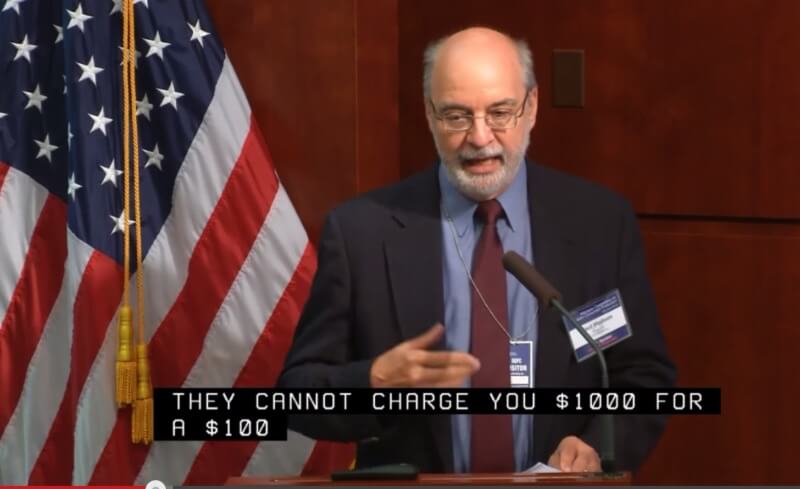Years of federal underfunding caused the current air travel woes in the United States, as reported on eTurboNews earlier this week.
Paul Hudson, President, FlyersRights.org and a Member of the FAA Aviation Rulemaking Advisory Committee said wait a minute.
The press release by the US Travel Association published by eTurboNews omits many numbers or analysis to back up its assertion that the Federal Aviation Administration (FAA) has been underfunded for many years.
Here are the numbers: FAA’s overall budget in 2013 was $15 Billion, in 2020 it went to $20 billion, in 2024 to $25 billion.
Until the recent $1.7 Trillion infrastructure, this added about $5 B annually.
The FAA was nearly entirely funded by the ticket excise tax and fuel taxes paid into the Aviation Trust Fund. This revenue has stagnated or gone down for two big reasons.
The Airport and Airway Revenue Act of 1970 created the Trust Fund to provide a dedicated source of funding for the U.S. aviation system, independent of the General Fund. The authority to collect aviation excise taxes and to spend from the Aviation Trust Fund must be reauthorized periodically.
The Airport and Airway Trust Fund (AATF), sometimes referred to as the aviation trust fund, is the major funding source for federal aviation programs. The trust fund finances Federal Aviation Administration (FAA) capital investments in the airport and airway system as well as supports FAA research and operations costs.
Hudson explained: “The airlines have been avoiding the tax by shifting revenue from tickets to fees and other sources of revenue like money paid to airlines by credit card companies for frequent flyer miles.”
Due to COVID between 2020-22 there were big declines in the number of airline passengers and tickets sold, and less capital for the fund.
A deeper analysis is needed and one could go online to read the 900+ page annual budget requests by the FAA to do an even deeper analysis adding other sources.
Delays are the number one complaints by airline passengers.
They are largely the result of misplaced priorities and poor regulation by the FAA and under-investment by airlines in basic infrastructure, such as computer systems.
Staffing at FAA HQ is bloated with way too many 100,000 to 200,O00 employees.
Unions generally oppose all measures to increase the supply of pilots and air traffic controllers as this hurts their bargaining power.
The US has also restricted the supply of airport capacity by granting tax exempt anti trust monopoly power to local government corporations resulting in chronic congestion delays and slower less reliable air travel than in the 1980s.
Chicago and NYNJ Port Authority being the worst examples.
It also effectively prohibits private airport ownership, prohibits federal government ownership and operation of airports, prohibits local and state subsidies of airlines and air travel .
Airports seek to maximize revenue. Parking fees represent 60% of the revenue airports collect.
“There is little or no incentive to increase public convenience, lower travel times and expenses or increase reliability. No other country has such dysfunctional policies that I am aware of.”, Hudson says.



